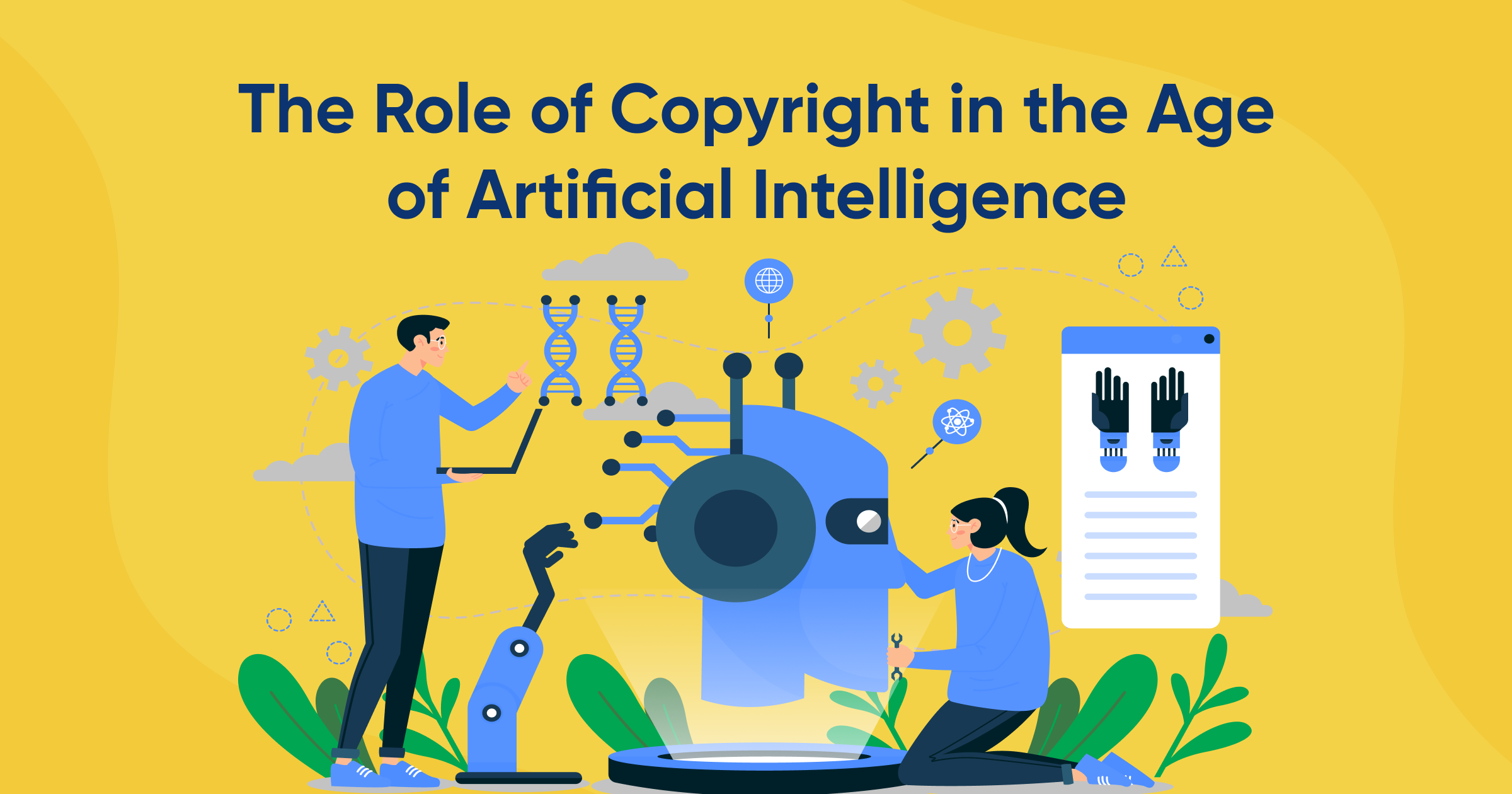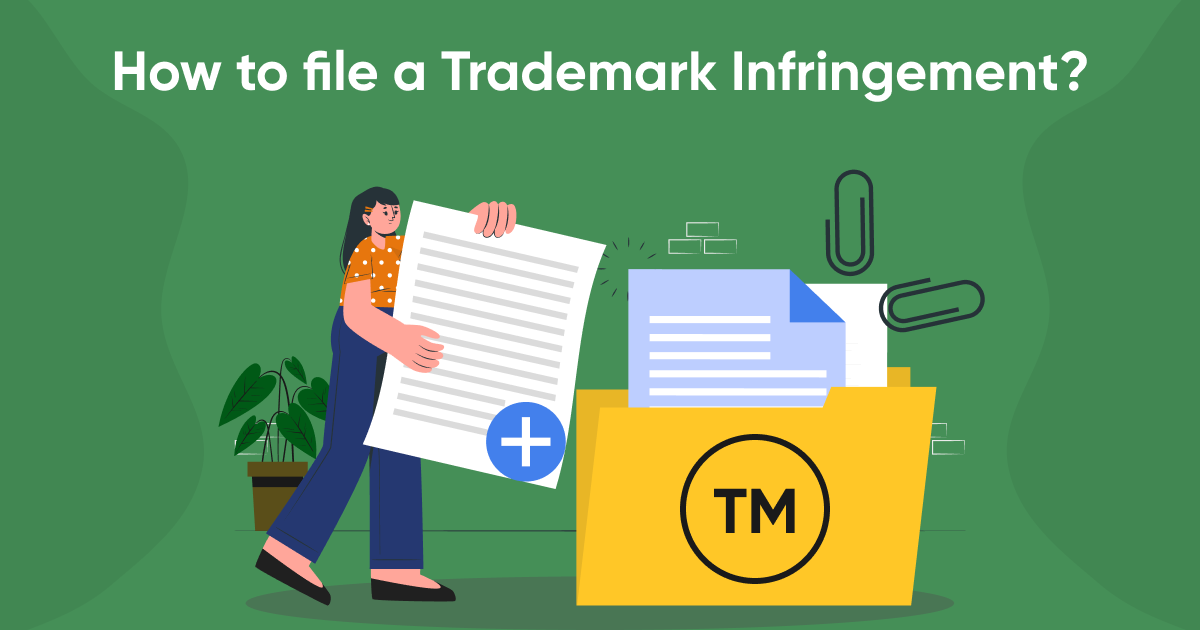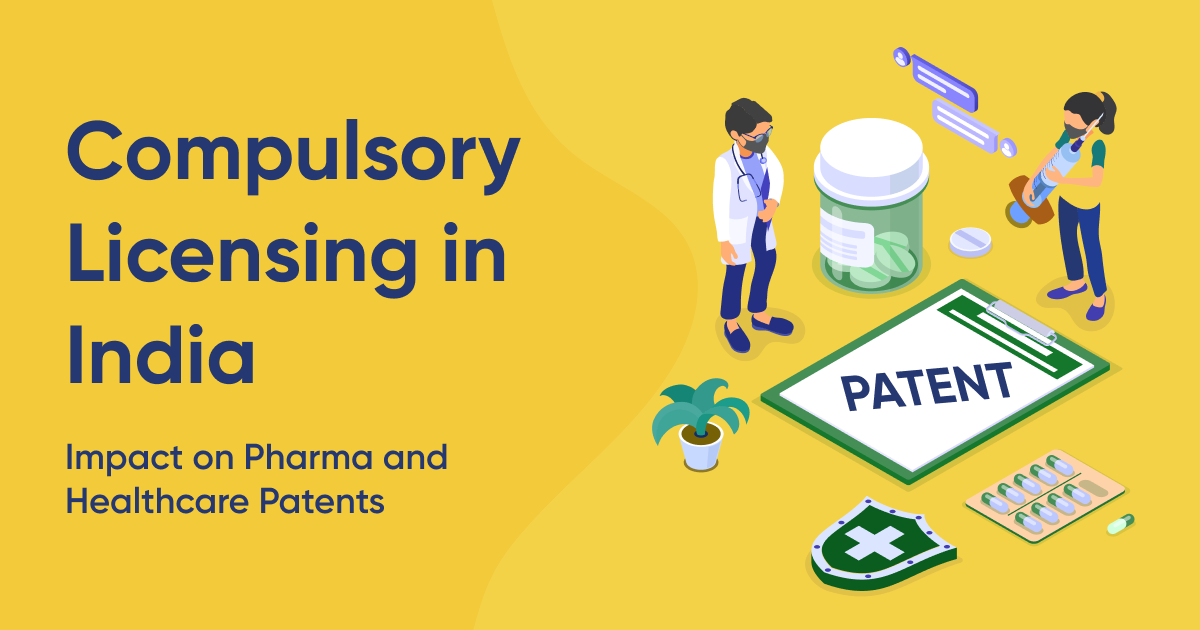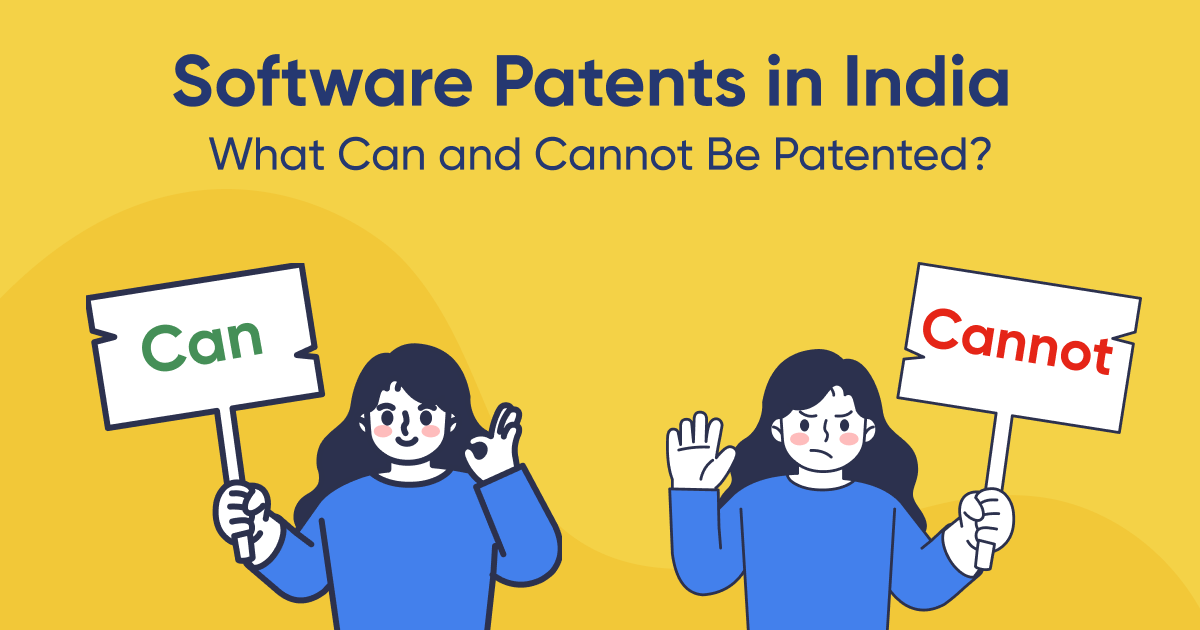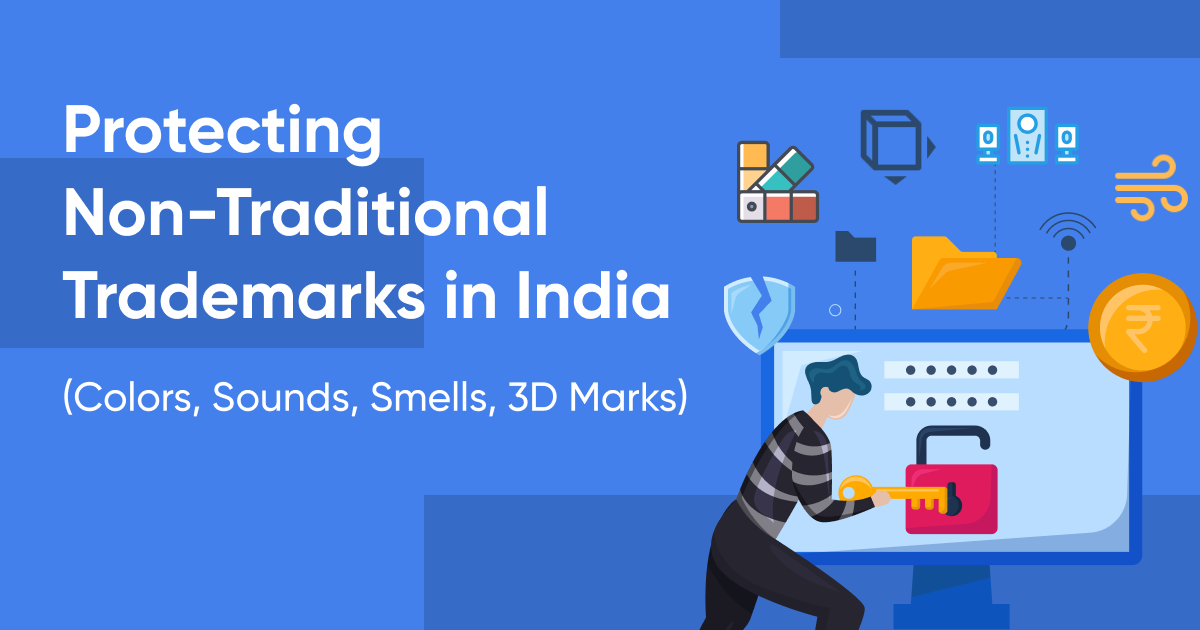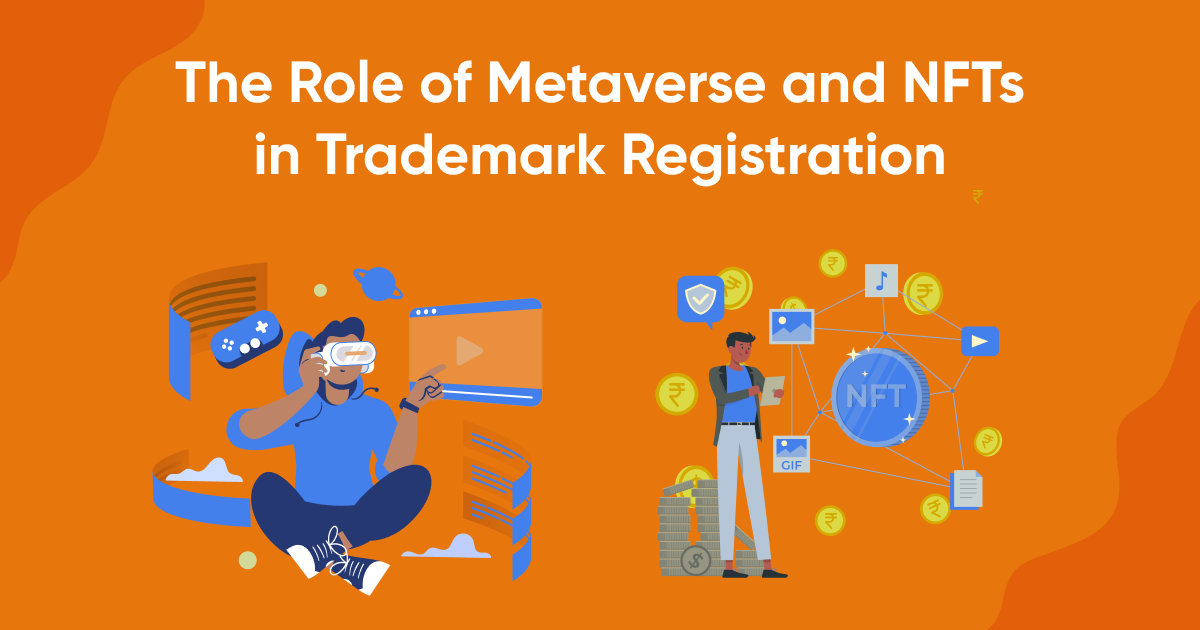Introduction
As artificial intelligence (AI) continues to transform industries, the legal landscape surrounding AI-generated content and intellectual property (IP) rights is evolving rapidly. Copyright, traditionally applied to protect original works by human authors, faces new challenges in determining ownership, originality, and rights when AI systems are involved.
With advancements in machine learning and automated content creation, it’s essential to understand how copyright laws apply and adapt to these AI-driven innovations. For businesses, creators, and developers in India, understanding the role of copyright in this context is vital to protect their creations and maintain fair usage rights.
Understanding Copyright in the AI Era
Copyright law is designed to protect original works of authorship, such as books, music, artwork, and software. These rights grant creators exclusive control over the reproduction, distribution, and performance of their work, ensuring they receive credit and compensation. In the traditional sense, copyright assumes a human creator, which raises questions about how copyright laws apply to content generated by AI systems without human intervention.
The rapid evolution of AI technology, especially in the fields of art, music, writing, and software development, has challenged this conventional framework. AI tools can now generate music compositions, write articles, create digital art, and even write code. As a result, it’s increasingly unclear who holds copyright ownership over AI-generated content: the AI creator, the AI tool’s developer, or the user who instructed the AI. This gray area has become a focal point for IP rights and copyright law discussions globally.
The Copyright Ownership Dilemma with AI
The primary issue of copyright in AI-driven content lies in identifying ownership. Copyright is typically based on human authorship, but when an AI algorithm independently generates creative content, it’s unclear if the work qualifies for copyright or who should hold it. In some jurisdictions, copyright laws mandate human authorship, meaning that only humans can be recognized as copyright owners.
The lack of human authorship for AI-generated content has led to proposals for AI-generated content being categorized under different IP rights or left unprotected. For businesses and creators in India, this ownership ambiguity creates risks in terms of protecting the outputs generated by AI tools.
Without a clear understanding of copyright ownership, they may be left without legal grounds to prevent unauthorized usage or claim ownership of the work. Trademarkia offers guidance for creators seeking to protect their rights amidst evolving IP regulations, providing insights into copyright registration and management.
Challenges in Applying Traditional Copyright Law to AI
Applying traditional copyright law to AI content poses several challenges, as these laws were not designed to handle non-human authorship. Some of the main issues include:
- Lack of Originality: Copyright law requires originality, but AI-generated content is often based on existing data, which can limit its originality. Determining if AI-created content is genuinely original or merely derivative is difficult.
- Human Authorship Requirement: Copyright frameworks like India’s Copyright Act focus on human authorship, excluding the possibility of granting copyright to works produced by AI without human involvement.
- Ownership Confusion: If an AI system generates content autonomously, it’s unclear whether the rights belong to the AI developer, the user who instructed the AI, or a third party.
These challenges make it difficult for content creators, businesses, and legal bodies to decide how copyright laws should apply. Without a unified approach, AI-generated content often exists in a legal gray area, complicating enforcement, ownership claims, and royalty distribution.
Current Legal Perspectives on AI and Copyright
Globally, jurisdictions are exploring potential reforms to address the role of copyright in AI-generated content. Some countries recognize AI-generated content as copyrightable only when it includes human involvement, such as a person initiating, overseeing, or editing the content. Others propose new frameworks that grant AI developers certain rights or even suggest that AI-generated content should enter the public domain if no human authorship is involved.
In India, where copyright law emphasizes originality and human creativity, these discussions are in early stages. Indian copyright law currently does not offer provisions for AI-generated content without human authorship, which places India among many other countries yet to adapt their IP laws to this emerging field. However, as India is a hub for technology innovation, a future legal response is likely to shape copyright policies on AI in significant ways.
Practical Implications of AI and Copyright for Businesses
For Indian businesses and creators using AI to produce content, understanding copyright limitations is crucial to avoid potential legal issues. If a business relies on AI-generated content without clear copyright protection, it may face challenges enforcing ownership rights or preventing misuse by competitors. This ambiguity can affect content-based industries like media, advertising, and entertainment, where originality and protection are key to maintaining competitive advantages.
Additionally, businesses should carefully evaluate the licensing terms of the AI tools they use. Many AI tools include specific usage rights in their licensing agreements, determining who holds ownership over the output. Reviewing and understanding these agreements ensures that businesses do not inadvertently infringe on third-party copyrights or misattribute ownership.
Ethical and Economic Implications of AI-Generated Copyrights
Beyond legal considerations, the ethical and economic implications of AI-generated content raise questions about the role of human creators. AI’s ability to generate art, music, and literature raises concerns about the diminishing role of human creativity and job displacement in creative fields. Some argue that without human authorship, copyright protection for AI-generated work could undermine the value and recognition of human creators.
On an economic level, if AI-generated content is not eligible for copyright, businesses may lack motivation to invest in AI content creation. For instance, a media company may be hesitant to use AI for content creation if they can’t secure IP protection. The lack of IP protections could ultimately limit AI innovation and hinder creative industries from fully exploring AI’s potential.
Recommendations for Copyright Strategy in an AI-Driven Landscape
For businesses and creators in India navigating the complexities of copyright in AI, developing a strategic approach to copyright management is essential. Here are some recommendations to consider:
- Incorporate Human Input: Adding human involvement, whether in the form of instructions, edits, or refinements, can increase the likelihood that AI-generated content qualifies for copyright.
- Secure Licensing Agreements: Ensure that the AI tools you use come with clear licensing terms that outline ownership rights, usage permissions, and copyright implications.
- Explore Alternative IP Protections: If copyright isn’t feasible for AI-generated work, consider other forms of IP protection, such as trademarks or trade secrets, to safeguard your content.
By taking a proactive approach, Indian businesses can navigate copyright laws more effectively, securing their interests in AI-created content while respecting current legal frameworks.
Trademarkia can assist Indian creators with navigating IP registration and protection, including options for securing creative works in compliance with existing regulations.
The Future of Copyright in the Age of AI
As AI technology advances, legal frameworks will need to evolve to accommodate new forms of content creation. For India, adapting copyright laws to include provisions for AI-generated content could encourage AI innovation and protect the rights of businesses investing in AI-driven content production.
Whether this takes the form of new copyright classes, public domain placements, or distinct IP protections for AI-generated works, clear guidelines are essential to foster a fair and balanced IP environment.
With increasing reliance on AI in business, industry leaders and lawmakers will need to work collaboratively to shape copyright policies that balance technological progress with fair IP protections. By establishing a clear legal framework, India can support both its technological and creative industries, ensuring AI’s role as a beneficial tool in the creative economy.
Conclusion
In the age of AI, copyright law faces unprecedented challenges. As AI becomes a more prevalent tool for creative work, businesses, creators, and legal professionals must stay informed about emerging copyright regulations.
For Indian businesses, understanding the current limitations of copyright law in relation to AI content is vital to protecting their creative output. Although copyright laws are still evolving, a proactive approach to IP rights can help mitigate risks and maximize the benefits of AI-generated content.
As you explore AI for creative content, consider securing your rights with expert IP guidance. Trademarkia offers resources and assistance to help Indian businesses navigate copyright complexities in the AI era. Start safeguarding your creative investments today!
